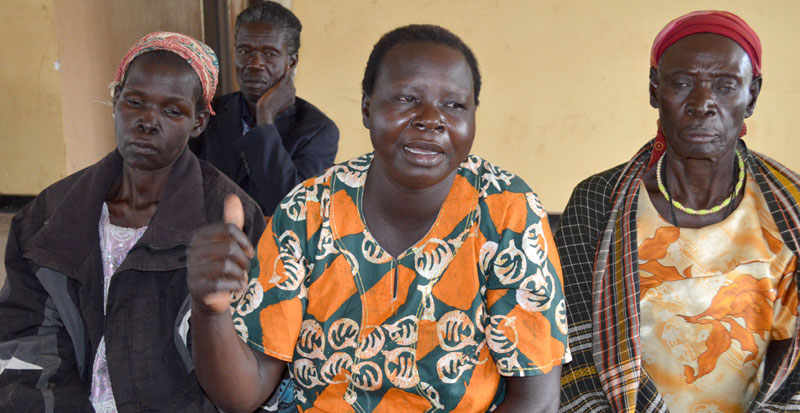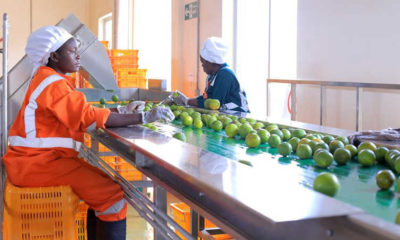Editorial
Amuru elders capitulate on the take-over of their land
After many altercations with the Government security agencies and a number of meetings with several officials, led by the Acholi king, Rwot Achana, have finally given in to the demand that their land be “given” to Madhvani for sugar cultivation. This has followed ugly incidents where the owners of the land were involved in countless protests over the take-over.
The merits of the arguments for and against the sugar cultivation have their proponents and opposers. Granted that the processing of sugar from it would be beneficial to the residents, their argument has been that it should be they, themselves, to agree with the Madhvanis on the modalities of the acquisition and the benefits accruing form it: and not the “Government”. However, some of the people behind Government have insisted on the take-over on its terms.
The underlying suspicion here is that, below the Amuru land surface, is the likelihood of vast barrels of exploitable oil. The person/persons owning the surface of the land would greatly benefit, were the oil to be mined. In the situation in which the Production Sharing Agreements (PSAs) are shady, it would mean that Madhvani (or whoever is behind him) would be the real beneficiary of the Amuru land tke-over.
Moreover, this comes at the time when the controversial Land Bill is acrimoniously being debated. The conversation of this has been led by the Minister of Lands, Betty Amongi, who for all intents and purposes, is a side-show.
By pushing for forcible acquisition and compensation, it means that the “Government projects” take precedence over the human rights of individuals to own and use their own land. This, in the end, will be counter-productive.
Unless the settlement is amicable to all the parties concerned, issues of land are not merely controversial, but provocative, and are likely to crop up from time to time over the coming generations. Neither the agreement with Rwot Achana, nor the selection of Acholi leaders, will have seen the last of this issue.
The real owners of the land are those people, their children and grandchildren, who have been protesting. Even “all” the Acholi leaders have not been consulted; and for those who have been, there may have been temporary sweeteners to get their agreement. This is, by far and large, not embracing all the population that is concerned in this land.
It is not easy to foresee the amicable end of this Amuru/Madhvani sugar plantation issue. Suffice it to say that there have been recent examples of the fractious developments, where individuals have been involved in “investor” dealings with the Government to the consternation of the latter. Easily coming to mind is the recent case of Crane Bank’s Sudhir Ruperalia and Bank of Uganda (BOU).
The shadowy confidential agreement he drew with BOU to evade any responsibility for any financial losses, is an uncomfortable reminder that such “deals” are not in the interest of the people of Uganda.
What guarantee is there that the Madhvani investor deal in Amuru land is not going to have one-sided interests against the Acholi people?
Comments



















